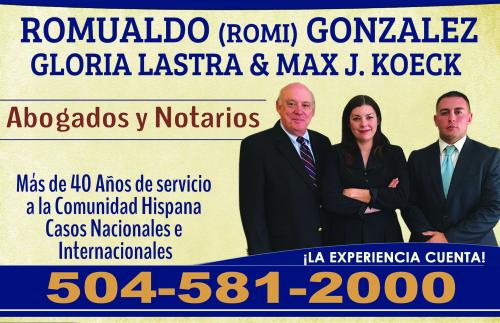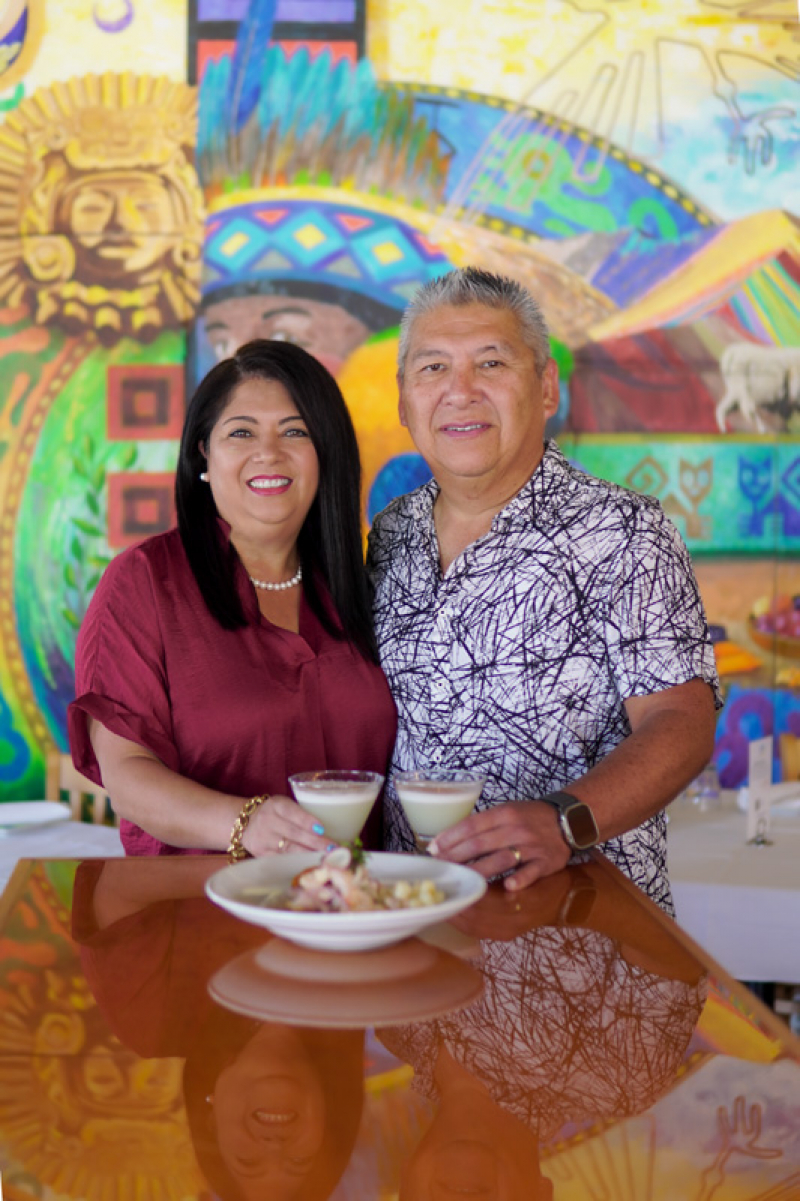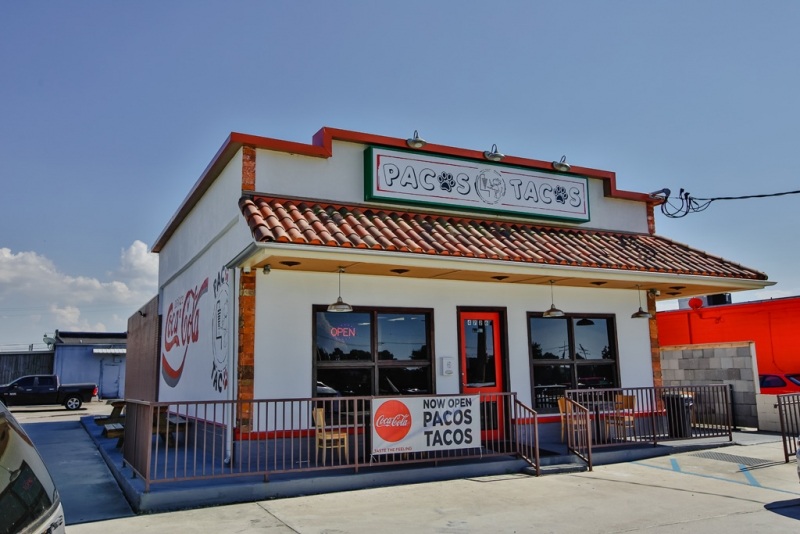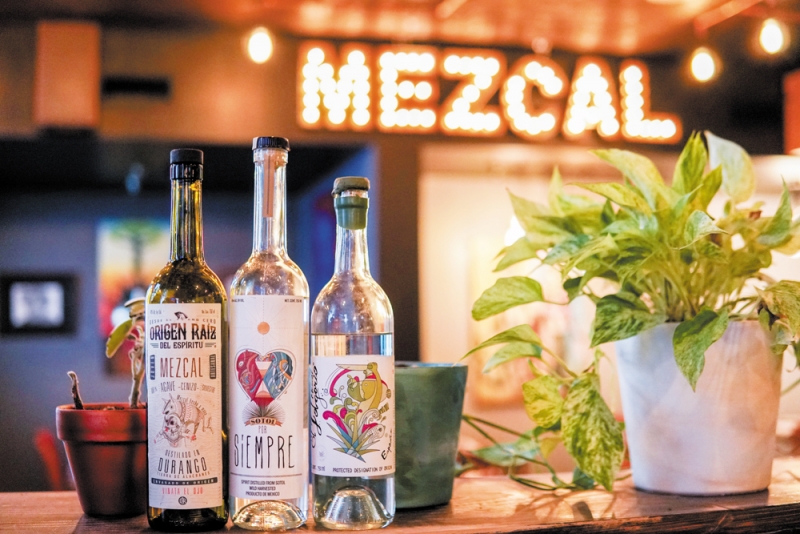- Written by Christopher Ard
- Published in Somos NOLA
Hispanic Heritage Month
Hispanic Heritage Month
By Christopher Ard
Click aqui para español->Mes de la Herencia Hispana
Every year, from September 15 to October 15, the United States observes National Hispanic Heritage month. During this time, the nation celebrates the significant contributions made by Hispanics to the cultural fabric of the United States. But there’s a problem…or two... What the hell does Hispanic mean?
In our nation’s need to categorize everything, the United States had a problem when it came to people from the southwest and Latin America. Originally, the terms Spanish-Americans, Spanish-speaking Americans, and (my favorite) Spanish-surnamed Americans were used to describe this group of people. However, the leaders of our country quickly realized that not every Latino could speak Spanish, not all Latinos have Spanish last names, and many Latin Americans are actually native American with no Spanish ancestry.
So, the term Hispanic was invented to group all of us who dance, eat beans, live south of Texas and Florida, are likely Catholic, and usually a shade or two browner than most people. It derived from the term Hispania which is the old Roman name for the Iberian Peninsula which has something to do with rabbits--but that’s not what this article is about.
Since 1988, after Ronald Reagan signed the National Hispanic Heritage Month into law, there has been much controversy about the name. Probably the biggest problem with the name is that it leaves out Brazilians. That’s right--National Hispanic Heritage month leaves out the most populous country in Latin America; although if you ask a Brazilian-American, they absolutely identify with other Latinos.
While the name of the month-long celebration may be a bit out-of-date, the timing of the holiday couldn’t be more appropriate. The independence days of El Salvador, Guatemala, Honduras, Nicaragua and Costa Rica are all on September 15th. Mexico’s independence is on the 16th, while Chile celebrates on the 18th.
Of course, like it or not, the United States celebrates Christopher Columbus’ conquest of the Americas on October 12--although many of us may know it as Dia de la Raza, or Day of the Race which is a great way to end this article.
Most Latinos outside of the United States don’t refer to themselves as Latinos. They are more likely to identify with their country of origin, or even their region of the country. Terms like Latino, Hispanic, Spanish-speakers, etc., were used to identify something or some people who were new to the current culture. At times, this was done to marginalize minorities because the dominant culture felt threatened. But, they were also used to unite a group of people who share a very similar culture. Some of us dance salsa, some bachata, others champeta colombiana.
Some of us speak Castellano, Quichua, Portuguese, and/or English. Many of us are Catholic, but not all of us go to church. This National Hispanic Heritage Month take a moment to learn about the other countries of Latin America--including Brazil; after all, we’re all related... at least according to the United States government.

























